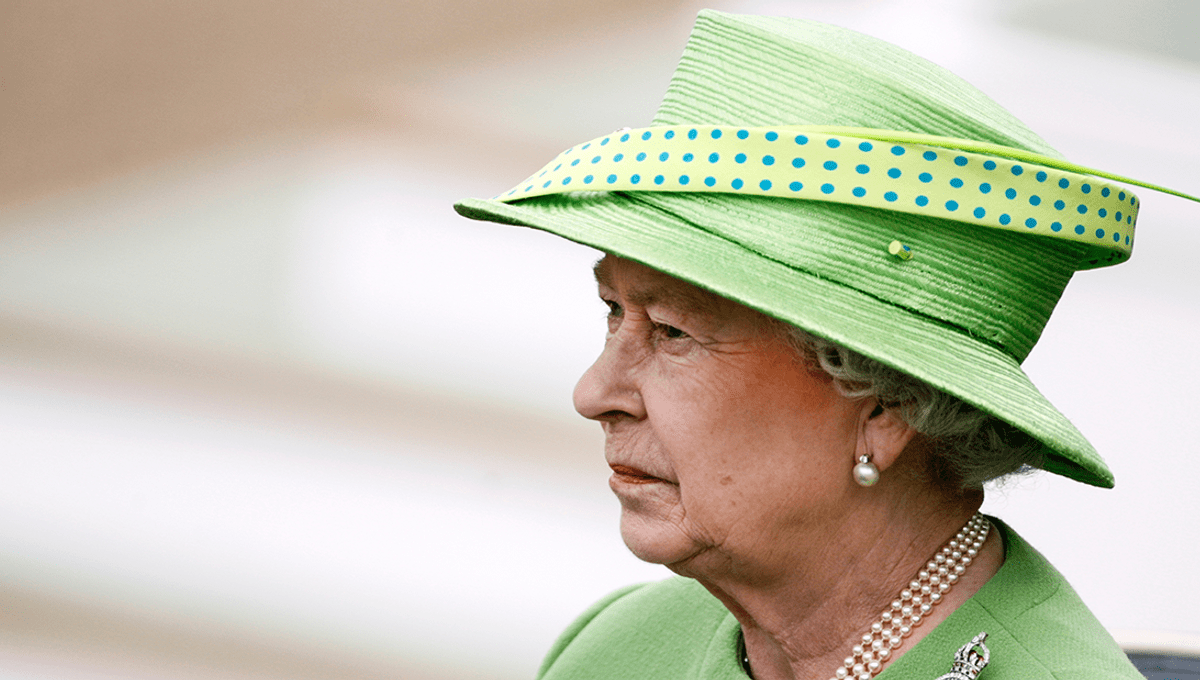
When the Queen or King of England dies, it sets in motion a series of events. The Prime Minister is told with a phone call that “London Bridge has fallen” – code to let them know the monarch has died – before 10 days of official mourning take place, packed full of ceremony and process.
At some point during this time, the bees are informed.
As has been the case for centuries, the royal beekeeper has traveled around the hives in the grounds of Buckingham Palace and Clarence House to place black ribbons on the hive and inform the bees of the Queen’s passing.
“You knock on each hive and say, ‘the mistress is dead, but don’t you go. Your master will be a good master to you.”
The message is told to them in English, rather than the shaking of the ass (aka waggle dances) which bees prefer.
“Telling the bees” is, surprisingly, a custom not just limited to the Royal Family, but a long-held beekeeping tradition found throughout Europe. Superstition dictated that the bees be told and put “into mourning” following the death of someone in the owner’s family.
“In Yorkshire,” the 1899 book The honey-makers wrote of the topic, “the bees are invited to the funeral”, where arguably their (unaware of the concept of funerals, let alone how to behave at them) presence would only cause needless havoc.
If bees were not informed of the death of a family member (and sometimes events like weddings), it was thought that they would die off or produce less honey, as one reverend learned at the turn of the 19th Century.
“An ‘old lady’ in this parish, whose husband died a short time ago, was ‘about to put her bees in mourning’ when I dissuaded her, showing her how foolish was the idea that the bee could understand anything about the death,” he relayed to the author of A book about bees.
“During the following winter the bees died.”
The bees are told directly, or to a tune, as the phrase “the mistress is dead, but don’t you go. Your master will be a good master to you” once was. The practice made its way over to America too, though it lost some of its ceremony.
“You knock on each hive,” a mountaineer in the Carolina mountains described at the end of the 19th century, “and say ‘Lucy is dead’.”
Not much is known about the origin of the practice, though it’s speculated it derived from Celtic mythology in which a bee being seen following a death is a sign of the soul leaving the body. The practice hit its heyday during the 18th and 19th Century in Western Europe and the United States, before diminishing.
Though obviously as fruitless as trying to explain to your cat about Robin Williams, or a flan about Armistice Day, the tradition continues with some beekeepers, leading to a man patiently going bee to bee to inform them of the death of the Queen.
Source Link: The Royal Bees Have Been Informed Of The Queen's Death. Really.